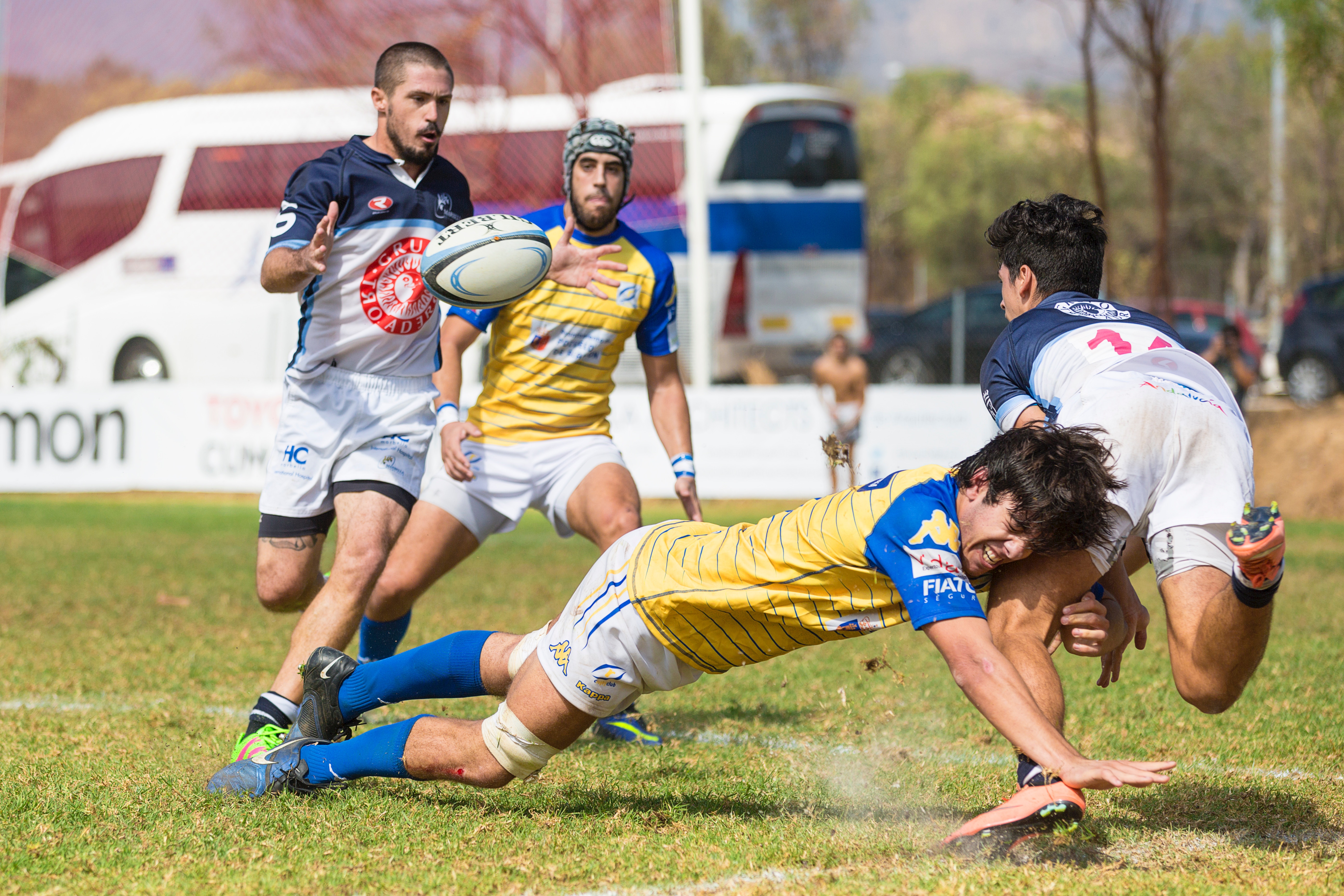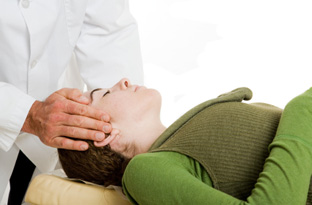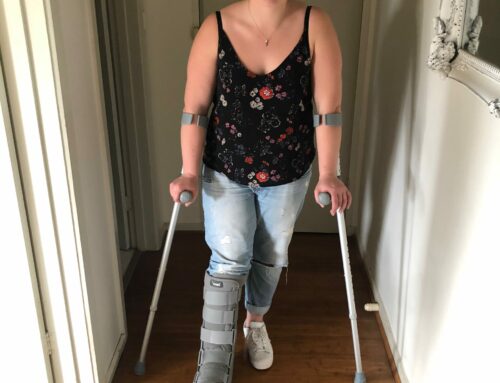With football season fast approaching, concussion is a topic that can’t be talked about enough. In the “old days” concussions used to be brushed off with a “he’ll be right” or “he wasn’t unconscious so he’s fine”. Unfortunately it’s not that simple….
What is a Concussion?
Concussion is defined as a traumatic brain injury (TBI). A Mild traumatic brain injury, also known as a concussion, which can either knock you out for 30 minutes or less, or doesn’t have to knock you unconscious at all. Short-term symptoms often appear at the time of the injury, but can develop days or even weeks later.
How Does it Occur?
The brain is suspended in the skull and can move within it. Any sudden movement of the head and or neck can and will cause the brain to move within the skull and potentially bounce off the inner surfaces. Think of the mixing ball in a protein shaker or the metal balls on your favourite nail polish, they get quite a beating. This movement causes trauma to the brain, bleeding, bruising and disruption to the cells and their function.
Signs and Symptoms
Concussion can present itself in many ways – some much more obvious than others.
Main symptoms include:
- Loss of consciousness
- Headaches
- Nausea and Vomiting
- Visual Change, blurriness, seeing spots, different colours
- Unbalanced
- Change in mental or emotional state, often people can become aggressive
- Inability to sleep
- Overly tired
Management
Like any other injury in order to recover the brain needs to rest. This is the part that tends to fall short and when concussion can become very dangerous. Unfortunately due to lack of education, pressure from coaches, teammates and or parents players often return to sport too early. It is in these instances the chances of another concussion are significantly higher and it’s these cases that can turn into fatalities.
What is Being Done?
Many codes and sporting organisations are starting to implement procedures to manage concussion in order to keep their players and athletes as safe as possible. The British Journal of Sport Medicine is now up to their 5th SCAT (Sports concussion assessment Tool) which helps teams and their first aid/trainers/osteopaths/physiotherapists and doctors monitor their players progress. There is also loads of information at the Australian government website “Concussion in Sport“
The Australian Rugby Union (ARU) has introduced the “Blue Card” Australia wide for amateur and junior competitions. This program is overseen by the ARU chief medical officer and allows concussions to be monitored and addressed across the life of a player.
What are the Long Term Consequences of Concussion?
Unfortunately we are still unsure of many long term consequences of concussion which means we need to treat it with even greater care. The movie “Concussion” starring Will Smith tells the story of a doctor in the US who discovered the neurological condition called CTE, which was present in retired NFL players.
- Chronic traumatic encephalopathy (CTE) is a brain condition associated with repeated blows to the head. It is also associated with the development of dementia. Potential signs of CTE are problems with thinking and memory, personality changes, and behavioural changes including aggression and depression. People may not experience potential signs of CTE until years or decades after brain injuries occur. A definitive diagnosis of CTE can only be made after death, when an autopsy can reveal whether the known brain changes of CTE are present.
What Can You Do if you Suspect Someone is Suffering From Concussion?
So as a Parent, Friend, Partner or Practitioner here are some things to keep in mind:
- Watch for symptoms, note them down and if they change/get worse, seek advice
- Seeing an Osteopath, Allied health professional or Doctor with experience in up-to-date management of concussion, who may then refer on as needed to a Neurologist or Sports medicine Doctor
- The hardest part about concussion is you can only treat and manage the symptoms that you can see
- Whenever unsure seek advice
Thanks for reading this article. Please share it with those involved at sporting clubs or those who have children playing sport. It may just help to save a life, or a permanent head injury! If you have any questions regarding concussion, or if you would like a copy of our “Signs & Symptoms of Concussion” Infographic for you, or your club please feel free to email me at leora@pakenhamosteopathy.com.au



